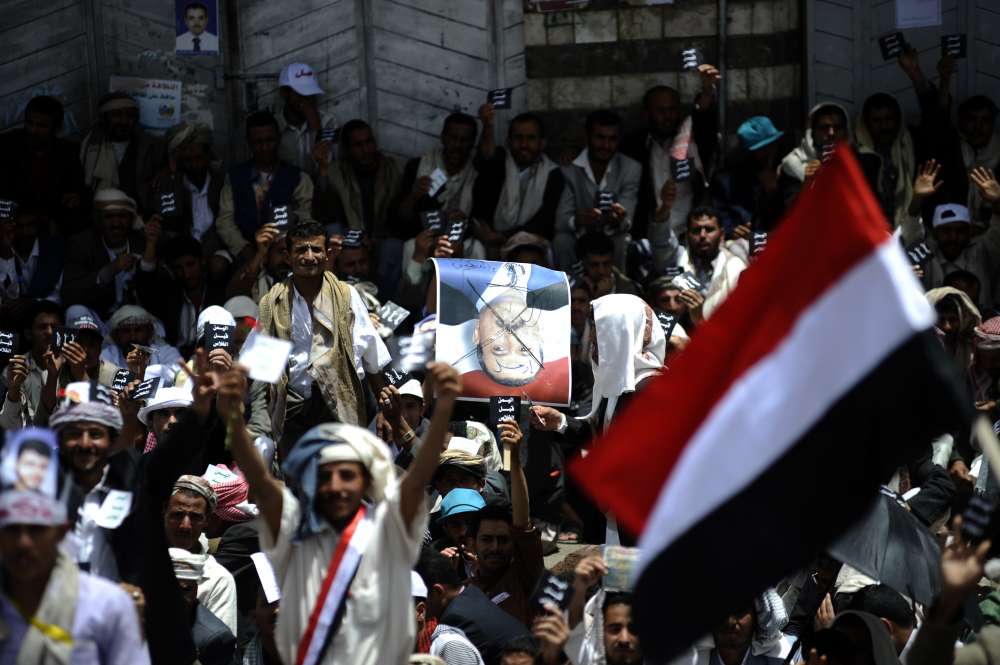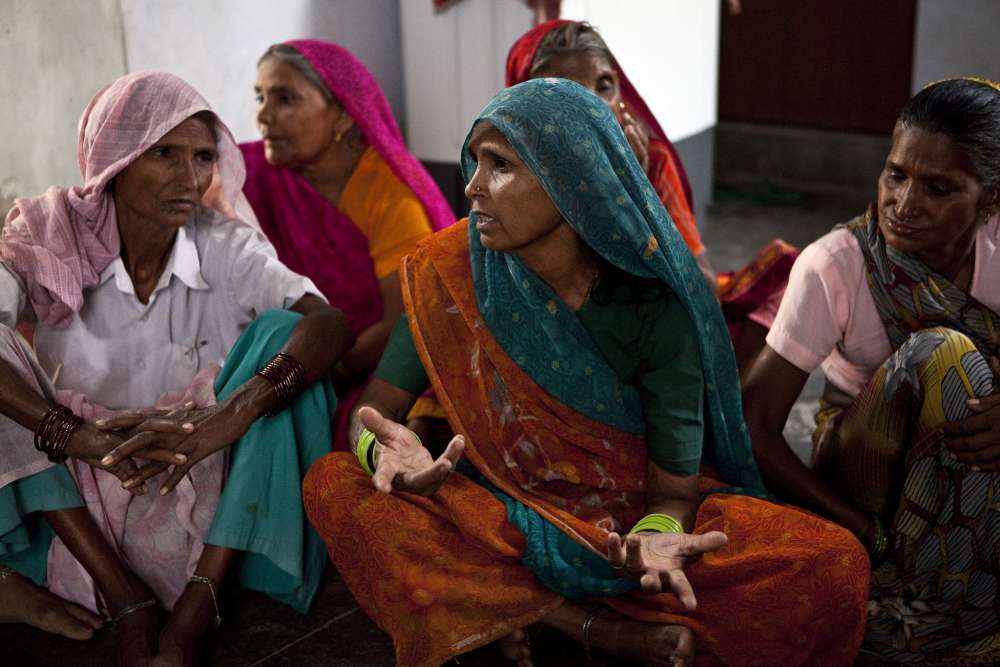Authoritarian Learning During Crises: Egypt and Morocco during the Arab Uprisings

Humboldt University
Wolfgang Merkel and Donatella Della Porta
WZB Berlin Social Science Center, German National Academic Foundation, Bucerius Zeit Foundation
Authoritarian regimes are increasingly experiencing transitionally-diffusing protests against their rule. Despite many studies on the mechanisms of protest diffusion, we lack studies on diffusion of counter-revolutionary strategies and tactics applied by challenged regimes. This dissertation project investigates how the sequence and speed of diffusing protests and the perceptions of regime elites conditioned authoritarian learning in Morocco and Egypt during 2011.
The wave of protests that swept across the Arab world during 2011 vividly illustrated how effectively protesters managed to observe and adapt their strategies during this contentious period. From Sanaa to Casablanca, activist adjusted and copied specific protest tactics, discursive frames and even chants from one another.
For the incumbent authoritarian regimes threatened by these demonstrations, the story is more complicated. Some regimes adopted extremely repressive tactics to quell dissent, including in Syria, Yemen, Bahrain, and Libya. However, some states did not seem to have a previously established response strategy in place, and were thus forced to react quickly, often on the basis of far-fetched analogies rather than relying on strategic calculations. How did learning among authoritarian regimes affect their ability to suppress dissent?
Empirically, the study rests on 64 elite interviews conducted during extensive fieldwork missions in Egypt and Morocco between 2013 and 2016. In addition, this dissertation project utilizes a protest-event dataset cataloging daily protests as reported by local newspapers during the investigated period.







